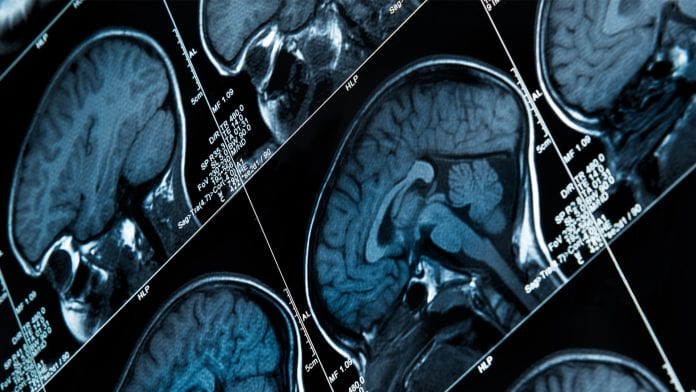
Early detection of the most common form of epilepsy in children is possible through “deep learning”, which is a computer science technique.
According to researchers, a new machine learning tool that teaches computers to learn by example, has the ability to detect epilepsy in children a lot earlier. Benign epilepsy with centrotemporal spikes (BECT), is one of the most frequent forms of epilepsy, and accounts for 15 – 25% of paediatric epilepsy syndromes and attacks children between 4 – 13 years old. Most BECT patients self-heal in puberty, but the disease can cause verbal dysfunction, attention deficit and language impairment in 18 – 25% of patients.
Epilepsy in children
Studies have shown that drug treatment could improve language skill and normalize centrotemporal spikes in electroencephalograph (EEG) tests, therefore it is important to distinguish epilepsy patients from healthy individuals. While studies have found that magnetic resonance imaging (MRI) and functional magnetic resonance imaging (fMRI) are promising for differentiating BECT patients from healthy individuals, these imaging techniques are mainly based on the doctor’s knowledge and diagnostic ability, and therefore is subject to have limitations, such as low accuracy.
This particular study proposed a novel classification method that unifies the predictions of three different types of brain imaging data: handcrafted features from MRI (51 brain characteristics associated with the disease), MRI and fMRI. The researchers passed the imaging data respectively through three different machine learning methods, including two specially designed deep neural networks, and then combined the outcomes into a final decision-making neural network to determine whether a patient has BECT.
Researchers suggest that combining data from several views could provide complementary information and improve the diagnosis of this common form of epilepsy in children.
How can deep learning help detect epilepsy in children?
Dr. Yi Pan, corresponding author of the study, Regents’ professor of computer science and chair of the Department of Computer Science at Georgia State University, USA explains: “Deep learning could assist with early detection of benign epilepsy with centrotemporal spikes, which improves the patient’s overall outcomes and reduces suffering.”
“Early detection means early treatment. Early treatment means better health for these children.”






















